Urban living often limits gardening space, leading some to consider unconventional options like storage units. But can you grow a garden in a self storage unit successfully? Although innovative, storage units present environmental challenges that can impact plant health.
Understanding the basics – Why grow plants in a storage unit?
For city dwellers without balconies or gardens, self storage units might seem like a creative solution for indoor gardening. Aside from storing items, they are a versatile space that you can use for a number of ways. However, these units are designed to store items, not to sustain plant life. Most lack the key elements plants need, such as light, air, and controlled temperature.
Without these, a storage unit may become a breeding ground for mold and pests, posing risks to plants and neighbouring units.
Key challenges of growing plants in a storage unit
Limited light and air circulation
Plants require light to grow, but self storage units usually lack windows, leaving plants without essential sunlight. Although grow lights can help, most storage facilities limit electrical use.
Additionally, storage units generally lack air circulation, which can lead to stagnant air, mold, and mildew—issues that compromise both plants and stored food items. Temperature fluctuations in these units can also create conditions unsuitable for plant survival.
Restrictions on growing in storage facilities
Most storage facilities discourage activities that could damage units. Plant life can introduce moisture and attract pests, potentially affecting both the unit’s structural integrity and neighbouring storage spaces.
Soil, water, and pots inside the unit can result in damp conditions, leading to issues such as mold growth, which storage facilities actively work to prevent.
Alternative spaces for urban gardening
Balcony gardens and rooftop spaces
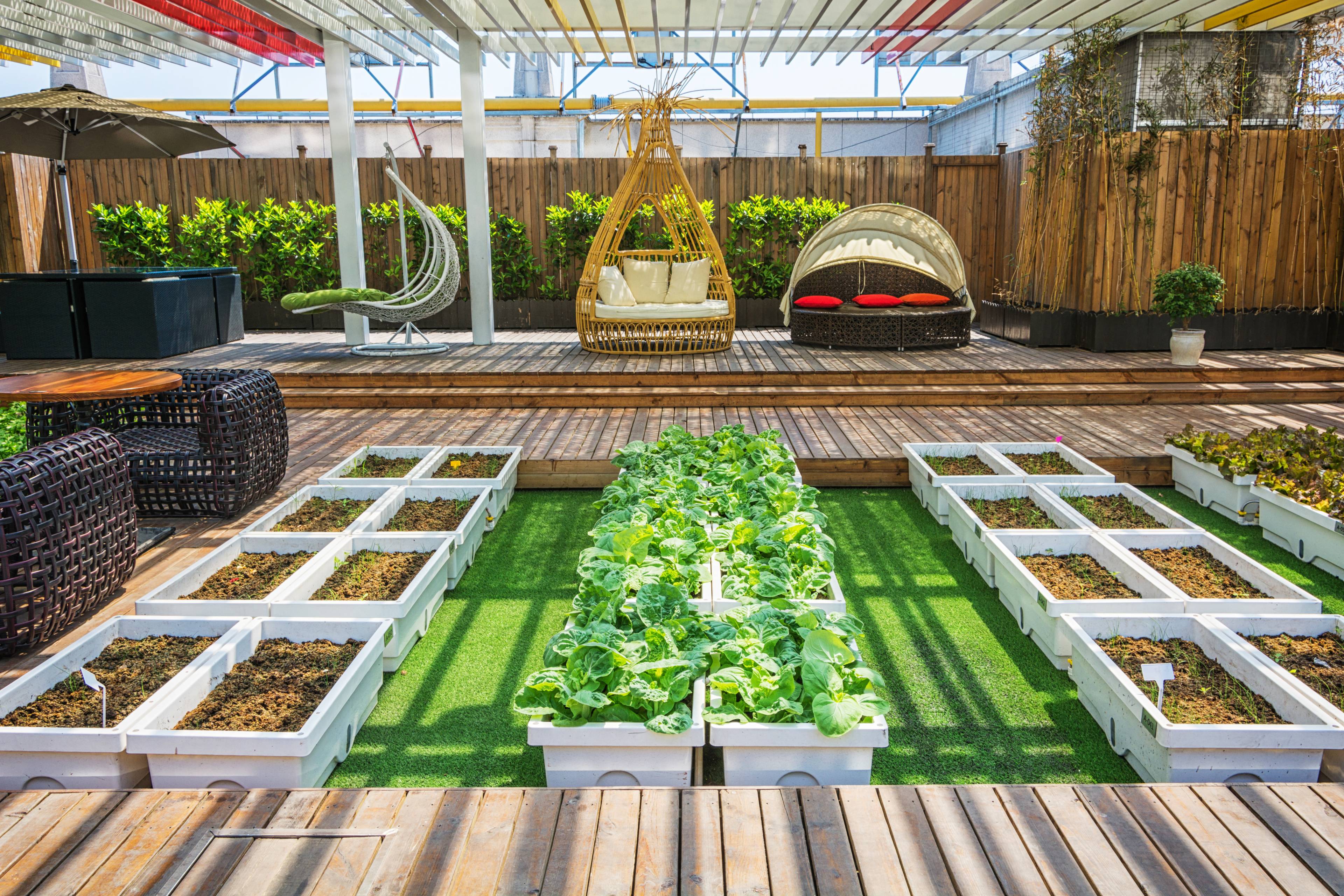
Balconies and rooftops offer viable alternatives for urban gardeners, providing sunlight and natural ventilation that storage units lack. Balcony gardens can accommodate herbs, flowers, and greenery in pots, while rooftop spaces are ideal for small, organised urban gardens.
Both options offer more favourable growing and storing environments without the restrictions found in storage units.
Community gardens
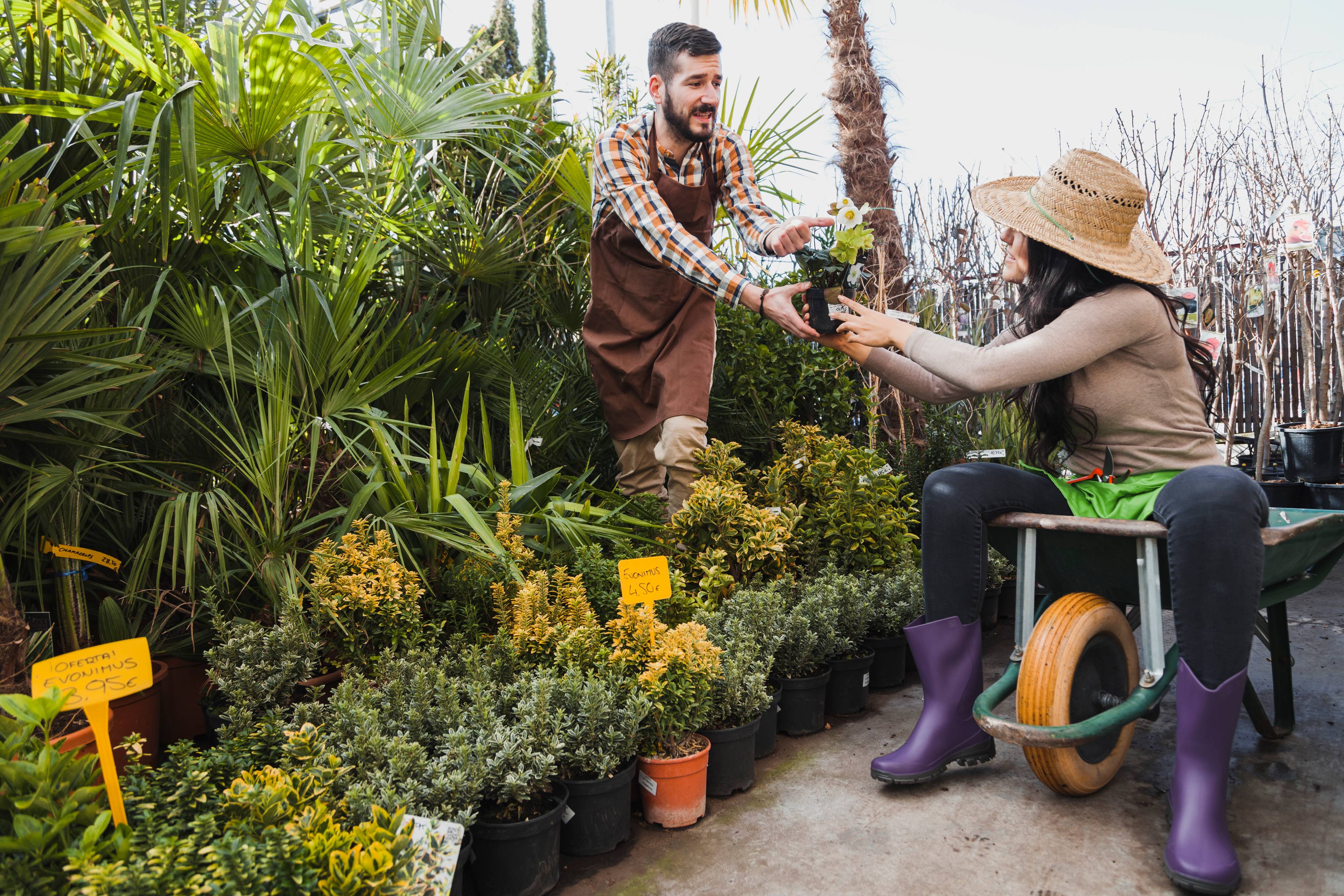
Community gardens offer a shared space where people can cultivate plants in a controlled, open-air environment. Many urban areas have community gardens that allow residents to grow flowers, herbs, and even food plants.
These spaces provide better access to natural elements, such as sunlight, and eliminate the restrictions found in storage units.
Indoor hydroponic systems
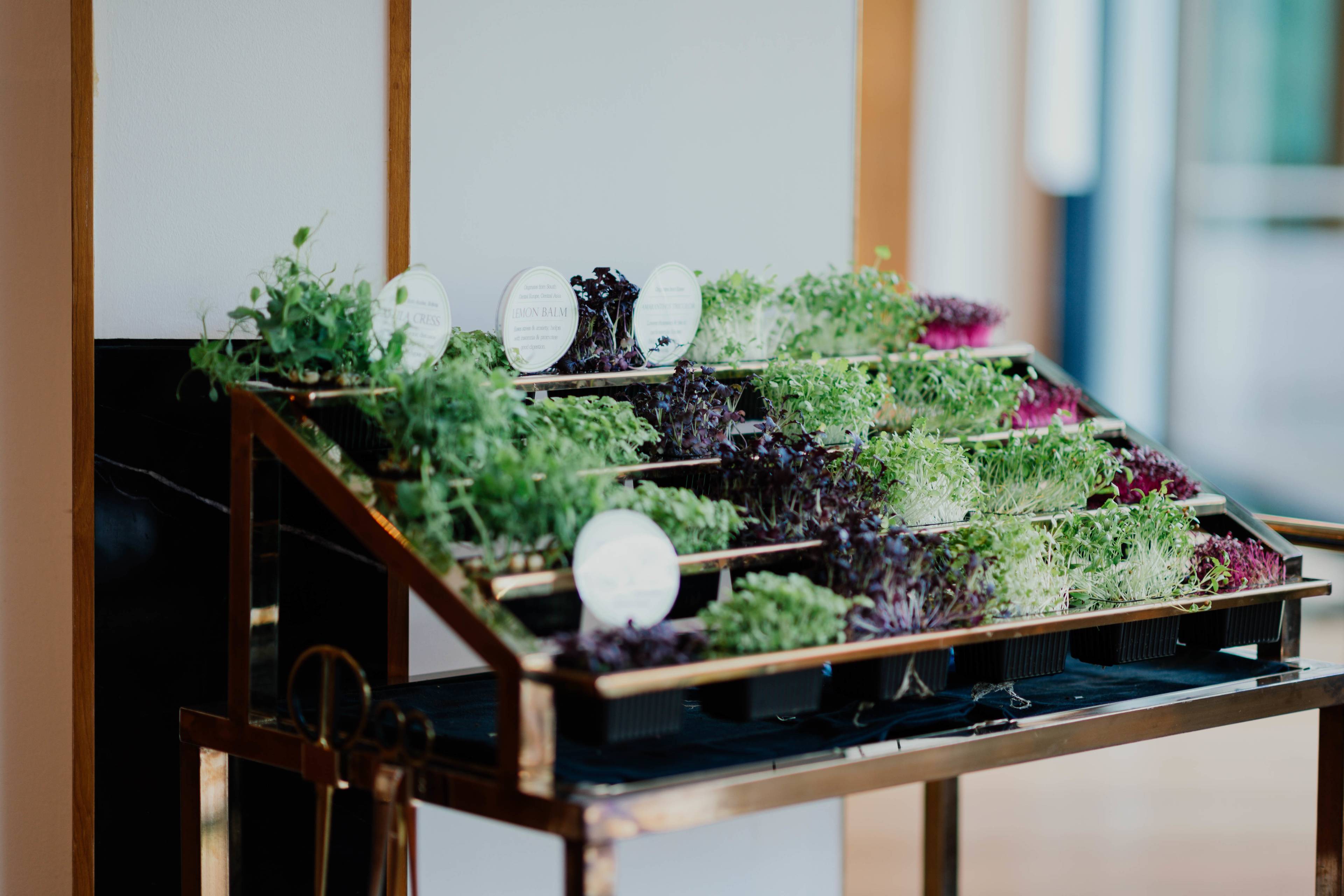
Hydroponic systems allow plants to grow in water with added nutrients, eliminating the need for soil. These systems can be set up indoors and adjusted with LED grow lights, making them suitable for small spaces or rooms without direct sunlight.
Hydroponics provide a compact solution for indoor gardening, offering a practical alternative to growing plants in a back room or storage unit.
Ideal plants for indoor growing
If you’re interested in growing plants indoors but lack outdoor space, certain plant types are more adaptable to enclosed environments. Hardy plants like succulents, herbs (such as mint and basil), and small flowering plants can often adapt well to indoor conditions with adequate light and water.
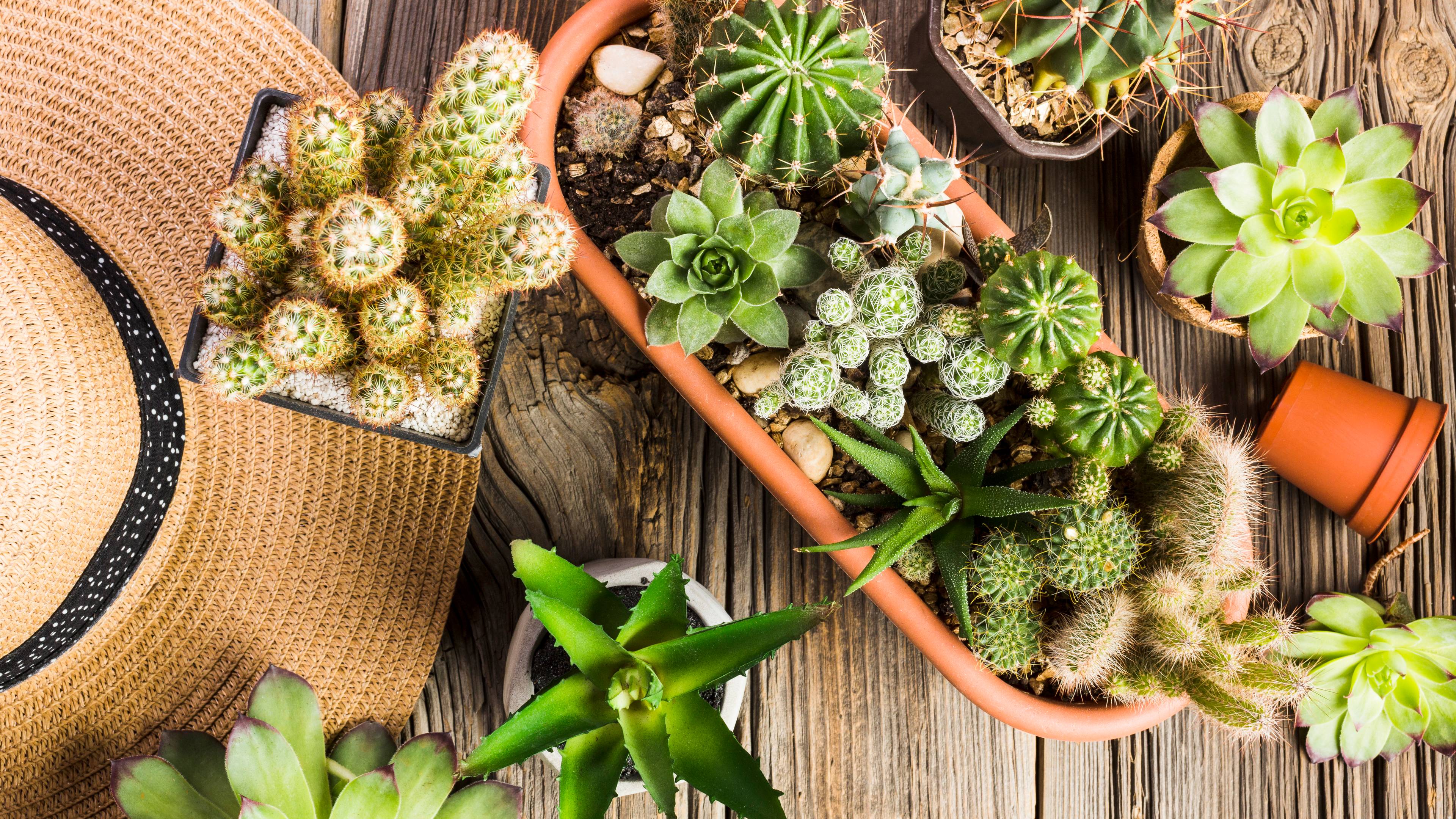
These plants can thrive in small containers and need minimal care, making them suitable for indoor gardening in apartments or rooms with limited sunlight.
Additionally, herbs and small flowering plants can enhance indoor spaces with fresh greenery and pleasant aromas, offering the benefits of nature even in urban settings. Succulents are popular for their low water needs and resilience, making them a great choice for compact, indoor growing spaces.
Conclusion
While growing plants in a storage unit is creative, it’s largely impractical due to the lack of light, airflow, and temperature control, as well as facility restrictions. Storage units aren’t built for plant life, and attempting to grow greenery in one can lead to mold, pests, or rule violations.
For urban gardeners, balcony gardens, hydroponics, and community gardens offer healthier options to cultivate plants in an urban setting.
HOLD Self Storage has all your self storage needs!
Search for a self storage facility in London? One that offers first-class security, fantastic customer service, and a ton of amenities. HOLD Self Storage is here to help.
With a friendly team, advanced security measures, full storage services climate-secure units, our Kings Cross facility has everything you need to keep your belongings safe and sound.
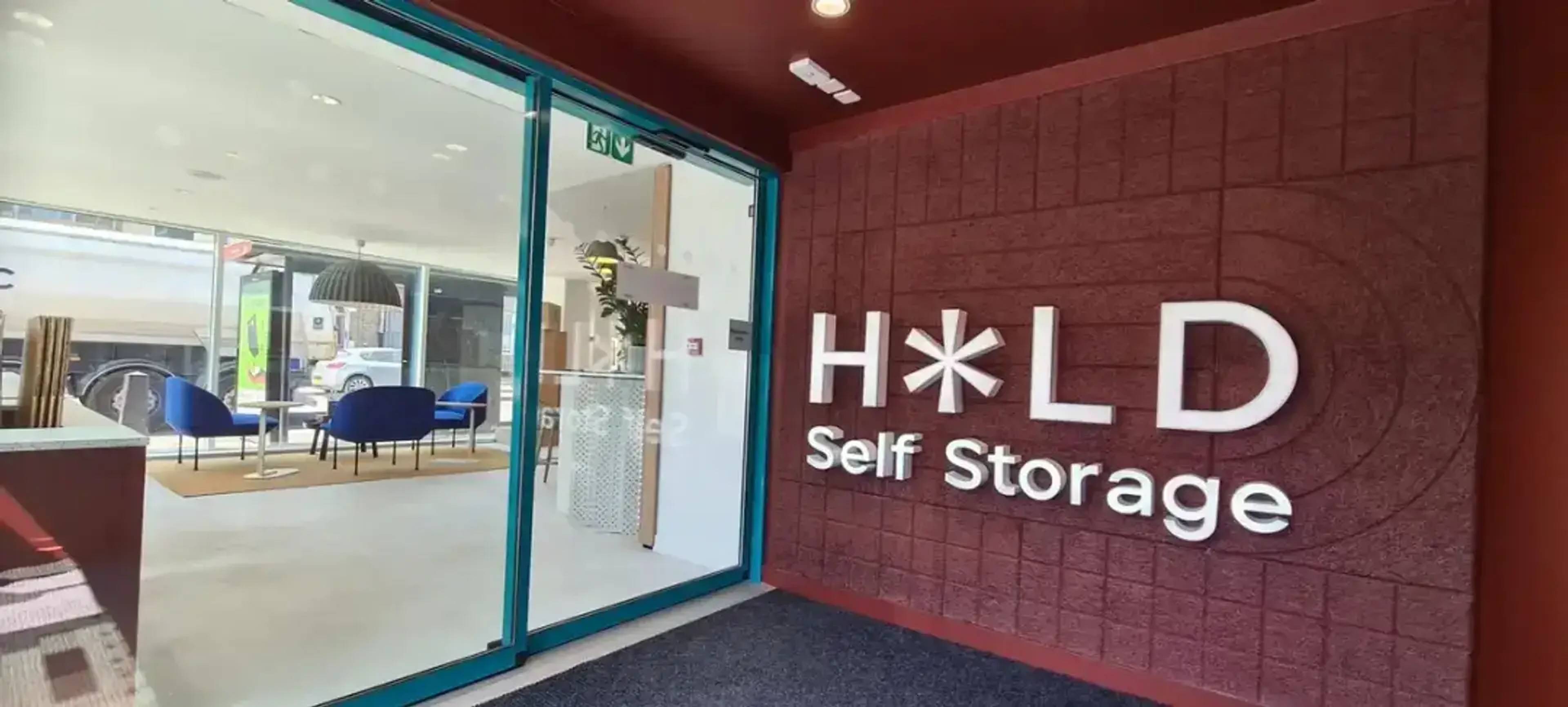
Contact us today for a free quote or to learn more about our self storage service!
Frequently Asked Questions
Can plants survive without sunlight in a storage unit?
No, most plants need sunlight, and storage units lack windows. Grow lights may help, but many facilities restrict electrical power usage.
Are storage units temperature-controlled?
Some facilities offer climate control, but most don’t. Without stable summer temperatures, plants may not survive seasonal changes.
Could growing plants in storage attract pests?
Yes, plants can attract pests, which can damage the unit and spread to the walls and other stored items.
Is it allowed to grow plants in a storage unit?
Most apartment facilities prohibit plant growth to prevent moisture issues and damage to the unit structure.
What are good alternatives to growing plants in a storage unit?
Consider balcony gardens, hydroponics, or community gardens, as these options offer the benefits and healthier, more controlled environments.
How does storage work at HOLD?
Self-storage works by renting a storage unit or space for a specified period. You can store your belongings in the unit and access them whenever you need to. It's like having your own personal storage space away from home.
Is storing my belongings with HOLD secure?
We have 24/7 CCTV, access control, smoke detectors, and fireproofing.. Only you will have access to your unit and the building in access by pin only and monitored 24/7 by CCTV. Upon registration, you'll receive a unique PIN code granting you access to the site. Additionally, you'll secure your unit with your own padlock.
If you need others to access your unit, they can do so with your permission and using your code.

